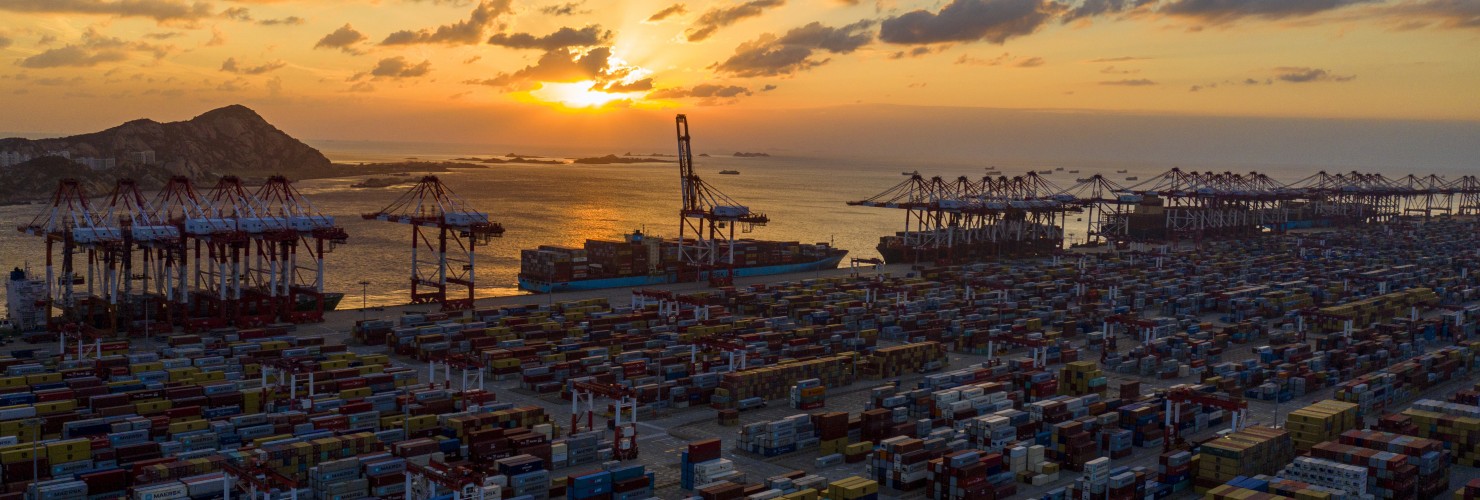

Dealing with China’s economic coercion – The case of Lithuania and insights from East Asia and Australia
China appears increasingly willing to exercise economic pressure to advance its interests. Lithuania is currently the sixth European country to face an episode of Chinese economic coercion. This follows the opening of a “Taiwanese Representative Office” in Vilnius in November 2021.
In our latest MERICS Executive Memo “Dealing with China’s economic coercion – The case of Lithuania and insights from East Asia and Australia”, our experts explore the current crisis, the effectiveness of the EU’s new anti-coercion instrument and draw lessons from East Asian countries that have much more experience in handling pressure from Beijing. Learning from best practices in Japan, South Korea, Taiwan or Australia is of high relevance for European policy makers, including the new German government, as well as decision makers in multinational companies.
China’s new coercive economic tactics have potentially wide-ranging implications, from supply-chain challenges in many sectors and industries to the loss of jobs and threats to the integrity of the European single market. It also affects multinational companies, which find themselves dragged into political conflict and their dependencies on China exploited. This underscores the need to mature the EU’s ability to deal with economic coercion. The EU’s economic diplomacy still has a long way to go in adjusting to a world of asymmetric patchwork globalization in which economic security and geopolitics shape global integration.
There are no quick fixes or cost-free solutions for the EU to increase its resilience and make strategic adjustments regarding its relations with China. However, there are insights from other countries, including Japan, South Korea, Taiwan and Australia, that can help identify ways of dealing with episodes of economic coercion. Governments and companies in East Asia and Australia have pursued institutional innovations, supply and market diversification strategies, and the “internationalization” of resolution efforts to mitigate medium-term economic costs and decrease long-term vulnerabilities, without compromising on the core principles guiding their relationship with China. The EU and its member states can emulate some of these measures to be ready to confront Beijing’s increasing willingness to escalate in the economic domain for the sake of attaining political goals.





